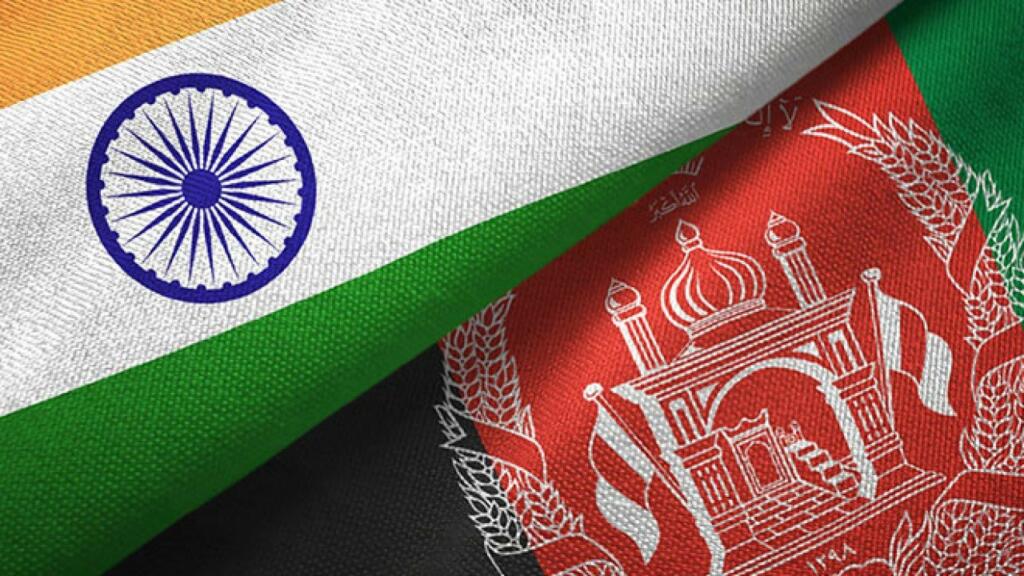ITEC program India: Let me tell you a key principle for effective foreign policy: Don’t try to impose individual noble virtues or moral obligations on a nation. Mohandas Karamchand Gandhi and Jawaharlal Nehru drew criticism from neutral experts for imposing pacifist and ahimsa policies on the nation. In fact, Jawaharlal Nehru wanted to scrap the army. He argued that the police were good enough to meet India’s security needs and that there was no need to retain the army.
If the unfounded and unreasonable advice of these Ahimsawadi politicians was adopted by the nation, India would have suffered several kinds of defeat in 1962, courtesy of its ‘virtuous’ and ‘idealistic demigods.” Even after these political failures and the forceful imposition of “individualistic noble virtues” on India, the Indian Army gave a bloody nose to its adversaries.
Now, it seems that India is tactfully navigating its foreign policy without conforming to an ethical or rigid framework. It is pursuing a pragmatic Afghan policy that has always kept Afghani people at its center.
Taliban seeking India’s help to learn the trait of diplomacy
As per media reports, for the first time, the Taliban got a four-day training program (ITEC program) from the Indian side. This online training program was purportedly held between March 14 and 17 at the Indian embassy in Kabul. The reports claim that the officials who had recently joined Taliban cadres in Afghanistan’s Foreign Ministry were participants in the training ITEC program.
Similarly, earlier, in July 2022, India trained two dozen Afghan military cadets at the Indian Military Academy in Dehradun.
Read More : The Cricket bond between Afghanistan and India is a buffer against the Taliban
Many experts see these steps as a first step towards both countries striking diplomatic relations. It has been a long-drawn stance from the Indian side to not talk with the terror outfit that gained power by dethroning the democratically elected Afghan government through the barrel of the gun. The Indian government has not yet recognized the illicit Taliban control over power in Afghanistan. India has been voicing its support for an inclusive government in Afghanistan—one that is Afghan led, Afghan owned, and Afghan controlled.
Yet, India has managed to keep the Taliban in check. This has been achieved through regular assistance to the Afghan citizens, like providing food grains, development works, or development assistance from Budget. This, in turn, has been pressuring the Taliban regime to desist from pushing Pakistan’s agenda and not fall prey to Pakistan’s policy of strategic depth and engage in terrorism against India.
In June last year, India re-established its diplomatic presence in Kabul. Back then, India deployed a “technical team” in its embassy in the capital of Afghanistan.
Once, Foreign Minister Dr. Jaishankar said that India doesn’t follow western terminology. India’s Afghan policy is yet another example of that. India has not recognized the Taliban regime, but it will ensure that the reason is not pushed into the dark ages, and for that, it will not hesitate to work beyond tags and labels of recognition and moral obligations and do what a pragmatic nation should do.
Support TFI:
Support us to strengthen the ‘Right’ ideology of cultural nationalism by purchasing the best quality garments from TFI-STORE.COM
Also Watch:
